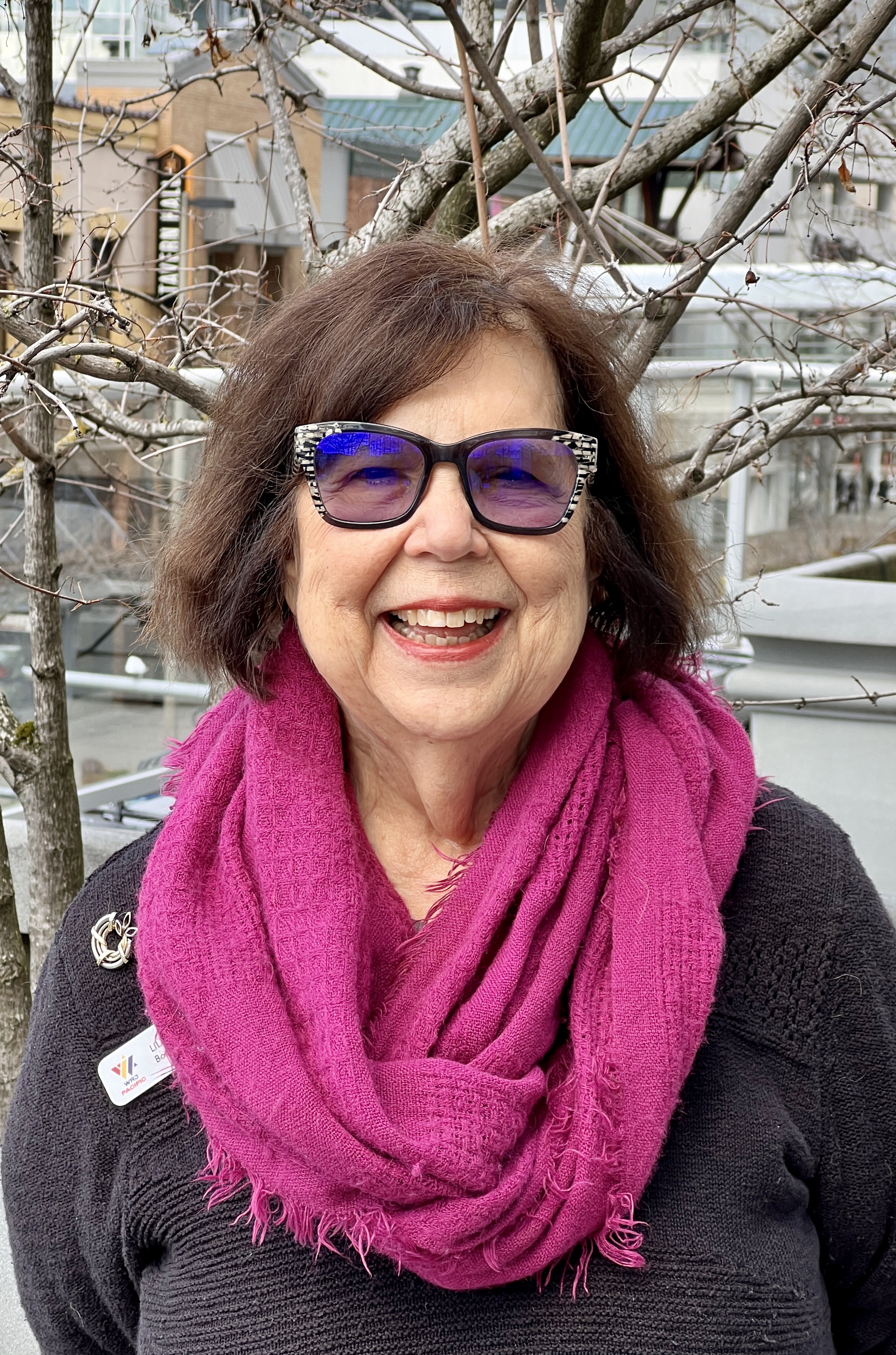
Often, we are torn between our sisterhood leaders and programs of the past and what we believe is the future of WRJ. As is our practice, we revisit the lessons of Va-y’chi and are struck by the constant tension between the past and the hope for the future.
Va-y’chi, “he lives” concludes the book of Genesis. We are set up from the beginning of this Torah portion, with the dichotomy of the past and the hope and promise of the future. Jacob is preparing for his death and calls upon his son, Joseph to carry out his last wishes. Jacob, also known as Israel, tells Joseph of the burial site chosen for the family in Canaan, at Sarah’s request. Jacob does not want to be buried in Egypt. Jacob and Joseph know that Canaan is the place that G-d promised -- in the future -- not a place they or their family can live now, but that Joseph has the ability to get permission for Jacob’s burial.
Joseph brings his children to Jacob, to be adopted and blessed by him. Then all of Jacob’s children come and receive Jacobs blessings, after he discusses each of their strengths and weaknesses. (As we move forward in the Torah, they become the 12 tribes of Israel.)
Shortly after, Jacob dies and pharaoh gives Joseph and his brothers permission to leave Egypt, and Jacob is buried following his instructions.
On the way back to Egypt, Joseph’s brothers question whether Joseph has really forgiven them for selling him into slavery. They have repented several times in the past for this grave error. In one instance, Joseph tried to trick them into admitting they are pleased with what they did, but they still repented. Joseph forgives them again — and for the first time in literature there is forgiveness (according to Rabbi Johnathan Sachs this “allows us to inhabit a culture of grace and hope.”)
After forgiveness is finally achieved, Joseph dies. As Genesis concludes we have lost all the Patriarchs and Matriarchs. The Israelites are still in Egypt. The future of the 12 tribes of Israel, their ability to live in Israel, their very freedom is a promise of the future.
At this time of year, we begin looking towards our sisterhood’s future, what our hopes are, what we can do better, and consider: who will lead our tribes? We evaluate the strengths of each member and their special attributes. We talk with them about what they want to do and how we can help them achieve their goals. Just like Jacob’s sons, each woman has her special talents. Each woman can find her place in helping fulfill sisterhood’s promise of empowering the future of women in Progressive Judaism, strengthening our congregations and repairing the world. According to Rabbi Julie S. Schwartz, “we care deeply about the choices we make and our mitzvot are designed to lead us to positive, healthy decisions. We live with the faith that we can change the world. . .”
Chuzak, chuzak, v’nitchazeik, “Be strong, be strong, and let us strengthen one another.”
Lillian Burkenheim Silver is a WRJ board member, co-chair of WRJ Pacific District's 2020 Convention, and a member of Temple Beth Hillel in Valley Village, CA.
Related Posts

Parashat Yom Rishon shel Rosh HaShanah

Cultivating a Culture of Accountability and Belonging


